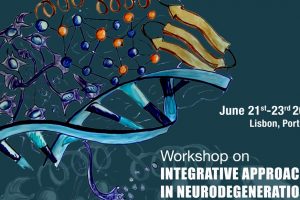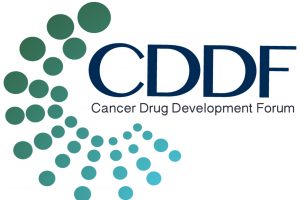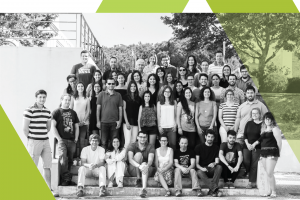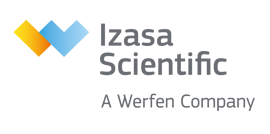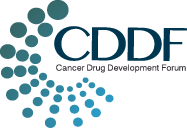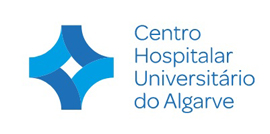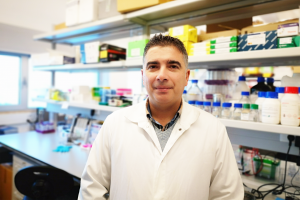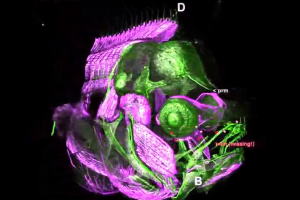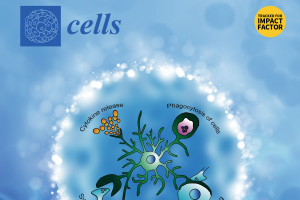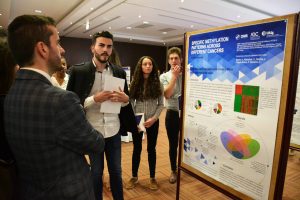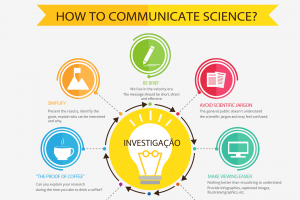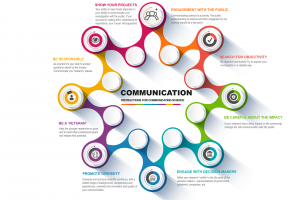Novartis, a global healthcare company, received this week US FDA approval for a chimeric antigen receptor T cell (CAR-T) therapy that was developed with the University of Pennsylvania, for the treatment of patients up to 25 years of age with B-cell precursor acute lymphoblastic leukemia (ALL) that is refractory or in second or later relapse. This approval marks a historic moment in the fight against cancer. The process involves taking T cells from the patient’s own blood, reprogramming them in the lab to recognize and fight the cancer cells, and then reinfusing them back into the body.
These are important milestones for patients and their families, as well as for the researcher team and partners who worked tirelessly to get here. This therapy treats very sick children who are often out of options and are about to die. They’re children who shouldn’t be fighting cancer, but should be out enjoying a normal childhood.
Take Emily Whitehead, for example. Diagnosed at the age of five, Emily was on the brink of death after her ALL relapsed and she wasn’t responding to existing treatments. Her parents were told by the local hospital that Emily’s only option was hospice care, but they refused to accept this. They called the Children’s Hospital of Philadelphia and learned that she could be the first child enrolled in the clinical trial for this therapy. Although she did suffer some serious side effects and a high fever, her father Tom got the call that there was no evidence of cancer in her bone marrow biopsy just 23 days after Emily received her reprogrammed T cells. He says it was the best call he ever received. Today, Emily is still in remission. She is living the life of a typical girl, and is at the top of her class academically.
Stories like Emily’s inspired the researchers , pushing them to do everything they can to help patients.
So, this treatment represent just the beginning of a new era of cancer care, and that this new technology will become a platform to find other therapies for patients in need.
Researchers developed a new approach taking T cells from the patient’s own blood, reprogramming them in the lab to recognize and fight the cancer cells, and then reinfusing them back into the body.




